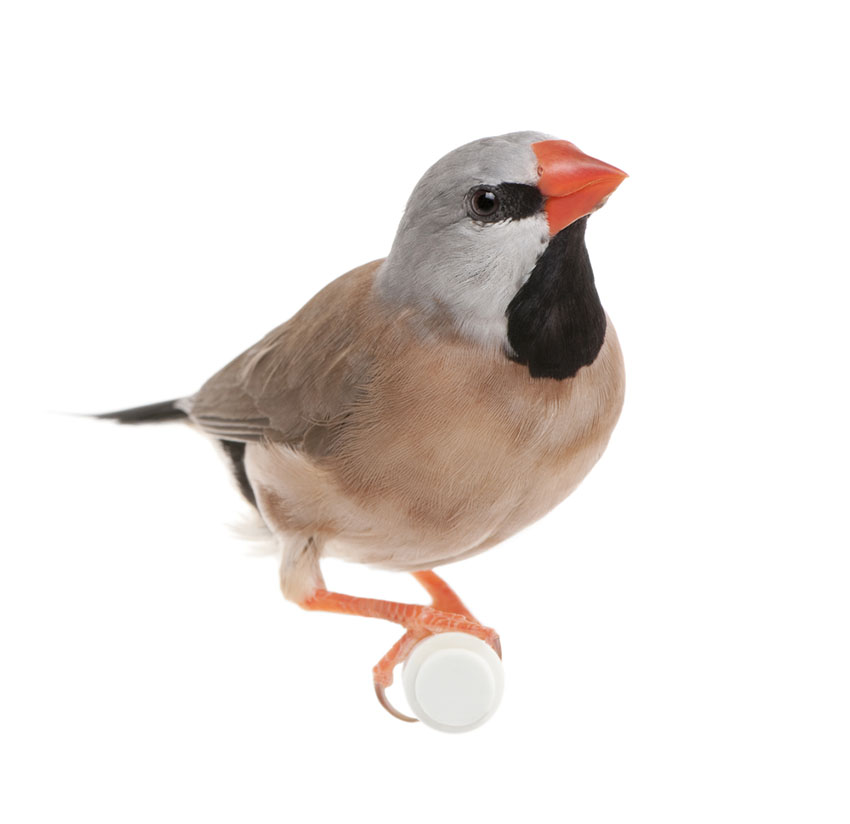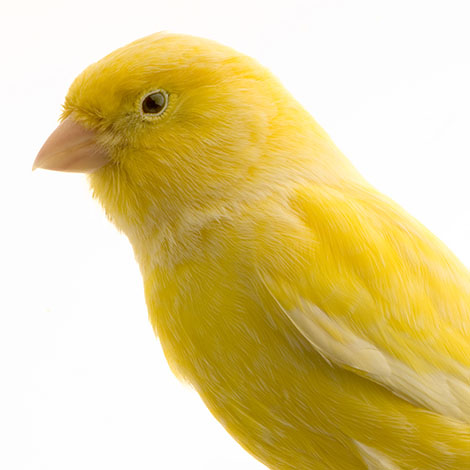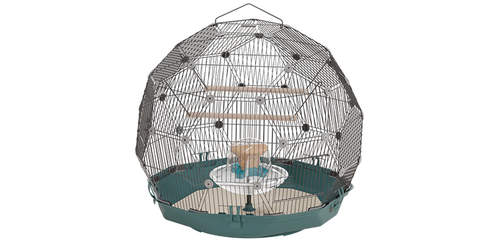Shows are all about looks, so it should come as no surprise that a show bird must look his absolute best for a show. Ideally his spruce up should be via a standard bird bath, placed in the cage each day for a week or two before the show.

Ready for my close-up! A handsome Black-throated finch
If your finches aren’t all too keen on the idea of bathing, you’ll have to shower them everyday with water in a spray bottle. Some breeders opt to hand clean their birds, and some even go the extra mile by spraying their birds with feather-shining agents, shampooing their crests and frills, plucking out any damaged feathers, heat-straightening bent ones and bleaching blood-stained pin feathers with a bird-friendly compound. This being said, if you provide your bird with oily seeds such as flax or hemp, their feathers will have a natural shine to them. The real preparation is all in the breeding, keeping and feeding of the birds.
Getting the right type of bird weaned and tamed in the prime of health is the key to success. You can ask local experts or seasoned exhibitors for advice on how to prepare a bird with minimal fuss.
A majority of finches and canaries that you’ll see at shows are birds in their first year, therefore it is crucial to get your finch accustomed to the cage and its handling, as this will assist in keeping the bird calm during the show. You can get your birds used to the environment by letting them spend half a day in their cage at a show. Judges will handle the cage, so make sure that your bird is used to this too. Pick it up from behind to simulate unexpected cage movements at a show. Keep the finch in the show cage for 48 hours before the show, and make sure he gets a good night's sleep before the big day.

The birds need to feel comfortable and safe in their cages
A common problem for first time show birds is a reluctance to sit on the perch, with many opting to sit on the floor instead. There are two ways you can get your bird to sit on his perch without scaring him. Cover the bottom half of the cage front, the finch will not like the impaired view and will go for the perch to get a higher vantage point. Alternatively you can cover the tray area of the cage with seed or bran. The finch won't like the feeling of this underneath his feet and will go for the perch instead.
A good way to get your birds looking good is to spray them down with water from a mister just before the judging begins, this will make the pinch preen itself which in turn will get the feathers looking their best. Do a final cage check, remove any droppings and feathers from the floor, wipe down the perches and you’re good to go.
It helps if you can take a look at the various forms, tags and rules before entering the show. Local old-hands will be able to assist you here. Shows have categories for different finch types, but also for novice keepers. If this is your first show, you will up against fellow novices rather than former champions.
There will be prizes for various types of finch – song, type and colour in Canaries, for example – and some overall champion categories too. Points are awarded to birds based on an official type description of the ‘ideal’ specimen of that particular variety. Condition and behaviour on the day are also taken into account, along with the state of the show cage. No one wants to lose out on account of a dirty cage!



Comments
Della, 15 May 2020
My wild timbraro canary is starting to grow soft tiny feathers above her beak. Can anyone tell me how old she is? she was a gift from a family member, and they could not tell us how old she was, or if its a she or he.
Sandra, 23 August 2019
I intend having an aviary built for my birds,reasonably large so that they can fly free in it.Can I cover it in the cold weather in the early evening with roller blinds (heavy) to keep them warm atnight,besides them having boxes to snuggle in . I live in Victoria, Australia. Kind regards Sandra Ilbery.
Delores, 4 November 2018
Good advice helpful food tips for my birds.
Paulfairchild, 21 August 2018
I am 73 and a beginner starting an aviary and the help I have gained from your site is absolutely brilliant.Thank you and best regard. Paul Fairchild
Shelley, 25 April 2018
Thank you very much for the very informative and help full site. I have kept birds of both straight and crooked beaks for many years but have learnt from the information given. I now feel equipped and confident to breed my canaries in the aviary.